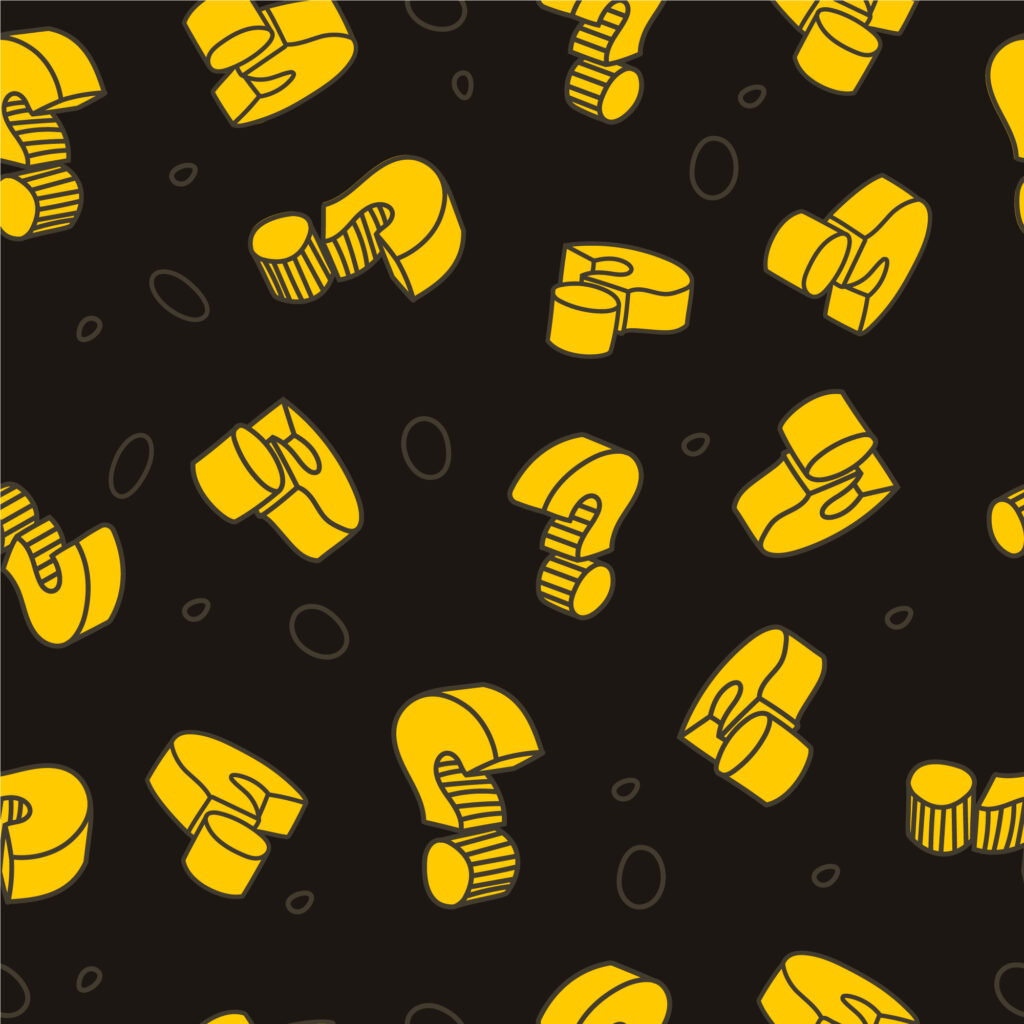Last Updated on July 9, 2023 By Emma W. Thomas
The grammatically correct form is “tomorrow’s.” “Tomorrow’s” is a possessive form that indicates possession or association with the noun “tomorrow.” On the other hand, “tomorrows” without an apostrophe is not grammatically correct. However, you can use “tomorrows” poetically. For example, the phrase ‘I will have many more tomorrows’ means many days to come.
Example of “tomorrow’s” in the Sentence
- I have a meeting with the CEO tomorrow’s morning.
- Tomorrow’s weather forecast predicts heavy rain and thunderstorms.
- We need to finish the report by tomorrow’s deadline.
- Tomorrow’s newspaper will feature an exclusive interview with the famous actor.
- I’m excited about tomorrow’s concert; my favorite band is performing.
- Don’t forget to set your alarm for tomorrow’s early morning flight.
- Tomorrow’s agenda includes a team brainstorming session and project updates.
- I’m looking forward to tomorrow’s soccer match; it’s a crucial game.
- Tomorrow’s schedule is packed with back-to-back meetings.
- I’m going to the bookstore to pick up tomorrow’s new release.
Example of “tomorrows” in the Sentence
- She always plans ahead and prepares a to-do list for tomorrows.
- The weather forecast suggests tomorrows will be sunny and warm.
- In the whispers of twilight, tomorrows dance on the horizon.
- The dreams we hold in our hearts bloom into tomorrows yet unseen.
- Through the veil of uncertainty, tomorrows beckon with hope.
- Let us paint our sorrows with the colors of tomorrows‘ promise.
- Like birds in flight, tomorrows soar beyond the bounds of yesterday.
- Embrace the unknown, for tomorrows are woven from the threads of possibility.
- In the tapestry of time, tomorrows weave tales of love and resilience.
- Shadows of yesterday’s dissolve, giving way to the radiant sun of tomorrows.
- Tomorrows whisper secrets of renewal, whispering of second chances and redemption.
- The echoes of tomorrows resonate in the silence, inviting us to embrace the beauty of the unseen.
What is the difference between ‘tomorrow’s’ and ‘tomorrows’?
The use of the apostrophe and not using it brings a significant difference. The word ‘tomorrows’ is not common in regular English and is grammatically incorrect. For example, you cannot say ‘tomorrows event’. But, you can use the word to imply future events. It will be correct to say, “I look forward to more tomorrows with you”. This statement means ‘’I desire to spend more time with you in the future’’.
‘Tomorrow’s’ may have different meanings. You can use it as a contraction of ‘tomorrow is’ or as a possessive form of tomorrow. For example, it will be correct to say ‘’tomorrow’s Tuesday’’ if today is Monday. It will also be grammatically correct to say ‘tomorrow’s meeting’ to show that the meeting will be held tomorrow.
What are the common uses of tomorrow’s?
As we have said earlier, you can use the word tomorrow’s to show possessiveness. This table gives examples of the correct and incorrect uses of tomorrow.
| Word | Correct | Incorrect |
| Meeting | Tomorrow’s meeting | Tomorrows meeting |
| Morning | Tomorrow morning | Tomorrow’s morning |
| Event | Tomorrow’s event | Tomorrows event |
| Paper | Tomorrow’s paper | Tomorrows paper |
| Exam | Tomorrow’s exam | Tomorrows exam |
Is the word tomorrow an adverb or a noun?
You can use the word ‘tomorrow’ as a noun or adverb. You can use it as an adverb to emphasize when something will occur. For example, in the sentence ‘the employees will meet tomorrow morning in the board room’. The word shows when the meeting will occur and to what extent.
You can also use the word as a noun to refer to the day after today. For example, ‘our staff members will go on a field trip tomorrow’. In this sentence, the word acts as the subject to show the actual day when the event will take place.
How do you use tomorrow with the apostrophe?
Apostrophes (‘) are used in English to show possessive forms and contractions. When using the apostrophe, you must follow a specific set of rules. These rules are not different when using the word tomorrow, and they include;

1. To show possessives
When dealing with possessives, apostrophes have different uses, such as;
To show that a person(s) /thing(s) owns something
In this case, you will add an apostrophe and ‘s’ to the noun. For example, Jane’s car shows that Jane owns the car. Tomorrow’s meeting means that tomorrow owns the meeting. If the name of a thing or person ends in ‘s’, you can either add the apostrophe alone or combine it with ‘s’—for example, Ross’s garden or Ross’ garden.
When you add the apostrophe at the end of a plural noun, it also shows possession. It is correct to say my parents’ home (no need to add another ‘s’). But, you can add an apostrophe followed by ‘s’ if the plural noun does not end in ‘s’—for example, the people’s rights or my children’s bedroom.
To show joint possession.
It is possible to use the apostrophe to show that two people or things have joint possession. For example, today and tomorrow’s events (you refer to events occurring today and the day after).
Separate ownership
You can also use the apostrophe to show that each person or thing owns something separately. It will be okay to say john’s and jimmy’s cars. When the ownership is not joint, the items must be in plural.
2. Use of apostrophes for contractions
You must remove some words when combining two words to make a contraction. You will then replace the letters with an apostrophe. For example, ‘it becomes it’s, ‘you will become you’ll, ‘are not – aren’t. An exception is the words ‘will not, which changes to ‘won’t’.
From the rules of use of the apostrophe, it is grammatically correct to say ‘tomorrow’s Friday’ if today is Thursday.
When should you not use an apostrophe?
The improper use of the apostrophe can cause major grammar issues. Knowing when not to use this punctuation mark is necessary to avoid such errors. The following precautions are worth considering when using the apostrophe;
i. Its vs. it’s
When writing, it is always necessary to double-check your sentences. Make sure you don’t use the apostrophe with the possessive form ‘its’. But, you can use it in the contraction of ‘it is, i.e. it’s.
ii. The relative pronoun ‘whose’
You must not confuse the relative pronoun ‘whose’ with its homophone ‘who’s’. When you want to use the contraction of ‘who is, ‘ it is correct to write ‘who’s. But, you must not add an apostrophe to the noun ‘whose’. It will be okay to write ‘whose house is this?’ but it is incorrect to write ‘whose’s house is this?’.
iii. Your vs. You’re
It is a common mistake by many writers to confuse ‘you’re’ with its homophone ‘your’. You can use the contraction ‘you’re’ to mean ‘you are. On the other hand, you can write ‘yours’, which is the possessive pronoun to mean belonging to you. It is also suitable to use the possessive determiner ‘your’ in place of ‘belongs to you. For example, ‘that dress is yours’ and ‘that’s your dress’ respectively.
iv. There, there, and they’re
You can use the apostrophe in the contraction of ‘there is’ as ‘there’s, but not with the adverb ‘there’ meaning that place. You can also use it as a contraction of ‘they are’ i.e. they’re but not with the possessive determiner ‘their’
v. Plural nouns
It is a grammatical error to add an apostrophe to a plural noun. For example, you cannot write the Smiths’, but instead, you will write the Smiths. If it is a possessive noun, you will add an apostrophe followed by ‘s’, for example, Mr Smith’s house.
For plural possessive nouns, you will add the apostrophe at the end—for example, the Smiths’ house.
vi. Plural decades
Since decades are nouns, the use of apostrophes follows similar rules as with other nouns. You will write about the 1930s and not the 1930s. Conversely, we talk of 1930s as a single year, for example, 1930s music.
What are some frequently asked questions?
a. Is tomorrow an adverb of time?
Yes. You can use tomorrow to indicate the time an event will take place. In this case, it is an adverb of time and placed at the end of the sentence. For example, ‘I will visit my parents tomorrow’.
b. Is tomorrow’s plural?
No. ‘Tomorrow’s’ is a contraction of the words ‘tomorrow is’ or the possessive form of tomorrow. If you use the plural of tomorrow, then ‘tomorrows’ is the correct word.
c. How do you spell tomorrow?
Most people miss out on the spelling of tomorrow. While the word has a single ‘’m’’ and two ‘’r’’, it is not unusual for someone to write it with two ‘’m’’ and two ‘’r’’ or two ‘’m’’ and one ‘’r’’. You can try to remember the spelling by comparing it with the words ‘borrow’ and ‘sorrow’ since they rhyme with tomorrow.
You can also use the LanguageTool to assist with your writing. Doing this helps you ensure the correct spelling and be confident in your work.
Key insights and takeaways
Depending on the uses, both ‘tomorrow’s’ and tomorrows can be grammatically correct. You can use ‘tomorrow’s’ as a contraction of ‘tomorrow is’ when writing in short form. It is also correct to use tomorrow’s as a possessive form of the word tomorrow.
When referring to the future, using the word tomorrows is also appropriate. In this context, ‘tomorrows’ represent the plural form of tomorrow. While it is not common in regular English, most people use ‘tomorrows’ poetically.
Whether to use the apostrophe or not depends on what you intend to mean. Choose if you want it to be a contraction or show possessiveness.
References:
https://medium.com/@sujoymd77/which-is-grammatically-correct-tomorrows-or-tomorrows-8c94b0420b0e
Emma is a graduate of Domestic Science or Family and Consumer Sciences (Home Economics) from the University of Wisconsin. She has 7 years of experience Working with the strategic section of BestBuy and now writing full-time for Homeeon.
From Managing the Home, Interiors, Cleaning, and Exteriors to Gardening and everything about Making A Home Liveable – is her passion and this Homeeon is the result of this.
Emma loves decorating her home with the best stuff found online. She cares about quality over anything and writes reviews about them here in Homeeon. Get in touch with her over Pinterest.
Keep reading her blogs.

